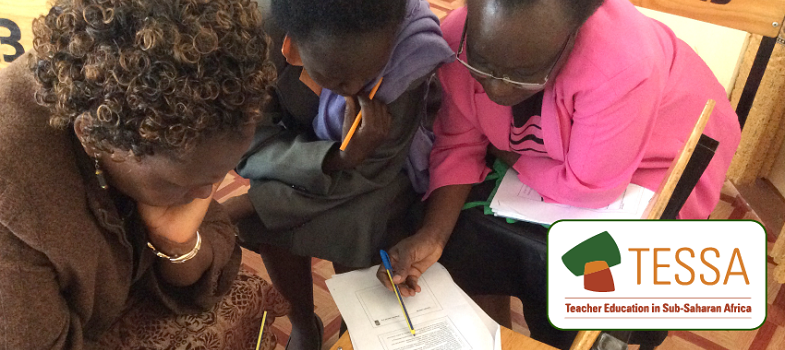Resource 1: Some important historical events since independence
![]() Background information / subject knowledge for teacher
Background information / subject knowledge for teacher
1300s – Tutsis migrate into what is now Rwanda, which was already inhabited by the Twa and Hutu peoples.
1600s – Tutsi King Ruganzu Ndori subdues central Rwanda and outlying Hutu areas.
Late 1800s – Tutsi King Kigeri Rwabugiri establishes a unified state with a centralised military structure.
1858 – British explorer Hanning Speke is the first European to visit the area.
1890 – Rwanda becomes part of German East Africa.
1916 – Belgian forces occupy Rwanda.
1923 – Belgium granted League of Nations mandate to govern Ruanda-Urundi, which it ruled indirectly through Tutsi kings.
1946 – Ruanda-Urundi becomes UN trust territory governed by Belgium.
Independence
1957 – Hutus issue manifesto calling for a change in Rwanda's power structure to give them a voice commensurate with their numbers; Hutu political parties formed.
1959 – Tutsi King Kigeri V, together with tens of thousands of Tutsis, forced into exile in Uganda following inter-ethnic violence.
1961 – Rwanda proclaimed a republic.
1962 – Rwanda becomes independent with a Hutu, Gregoire Kayibanda, as president; many Tutsis leave the country.
1963 – Some 20,000 Tutsis killed following an incursion by Tutsi rebels based in Burundi.
1973 – President Gregoire Kayibanda ousted in military coup led by Juvenal Habyarimana.
1978 – New constitution ratified; Habyarimana elected president.
1988 – Some 50,000 Hutu refugees flee to Rwanda from Burundi following ethnic violence there.
1990 – Forces of the rebel, mainly Tutsi, Rwandan Patriotic Front (RPF) invade Rwanda from Uganda.
1991 – New multi-party constitution promulgated.
Genocide
1993 – President Habyarimana signs a power-sharing agreement with the Tutsis in the Tanzanian town of Arusha, ostensibly signalling the end of civil war; UN mission sent to monitor the peace agreement.
1994 April – Habyarimana and the Burundian president are killed after their plane is shot down over Kigali; RPF launches a major offensive; extremist Hutu militia and elements of the Rwandan military begin the systematic massacre of Tutsis. Within 100 days, around 800,000 Tutsis and moderate Hutus are killed; Hutu militias flee to Zaire, taking with them around 2 million Hutu refugees.
Adapted from: BBC NEWS: http://news.bbc.co.uk/ go/ pr/ fr/ -/ 1/ hi/ world/ africa/ country_profiles/ 1070329.stm [Tip: hold Ctrl and click a link to open it in a new tab. (Hide tip)] (Accessed 2008)
3. Comparing African histories



